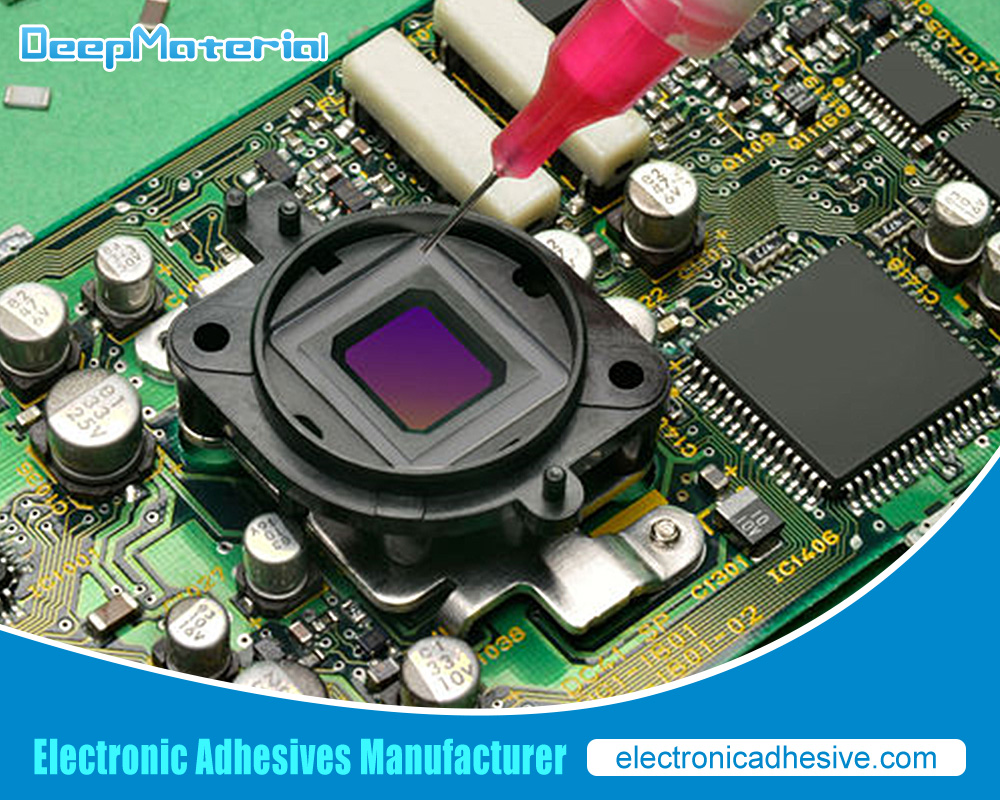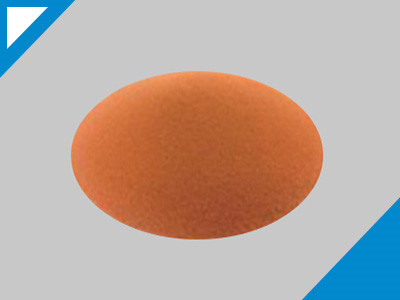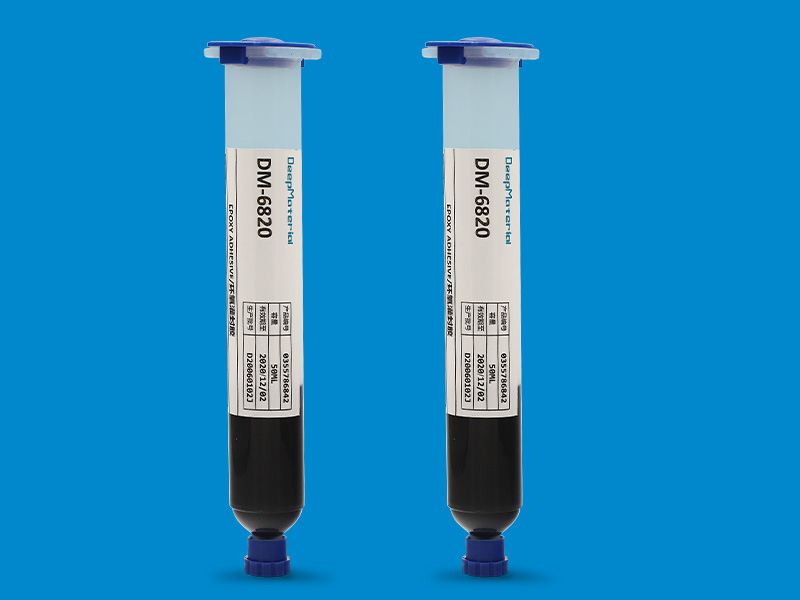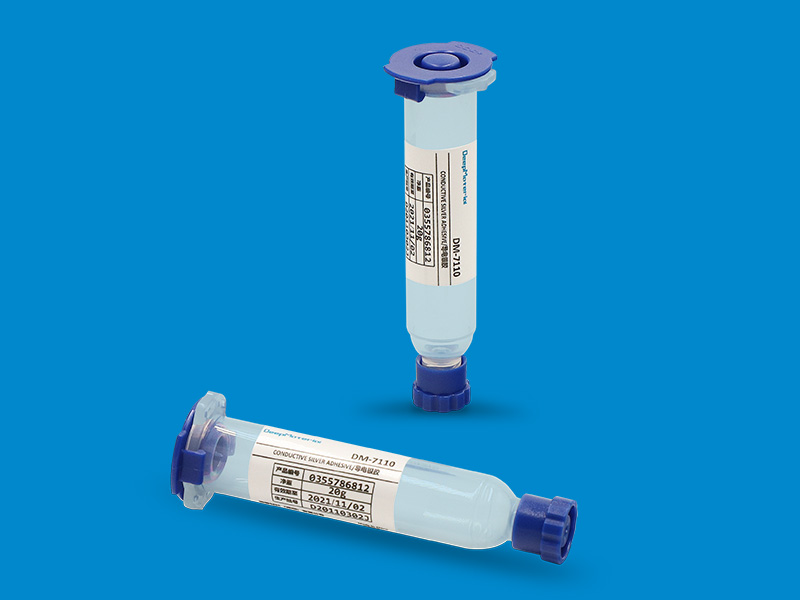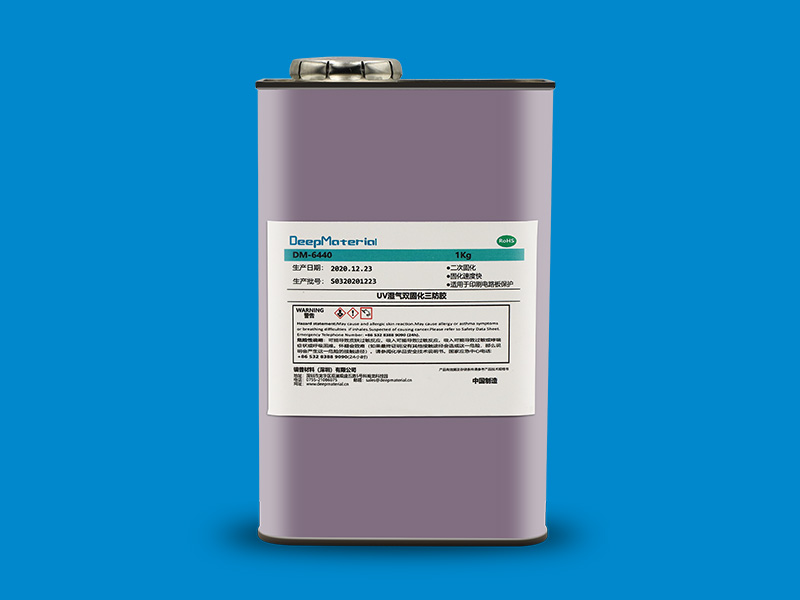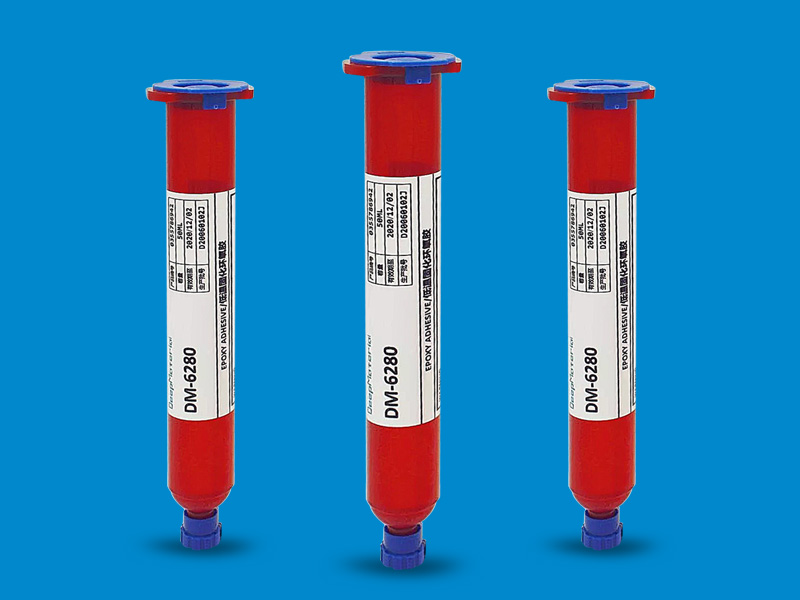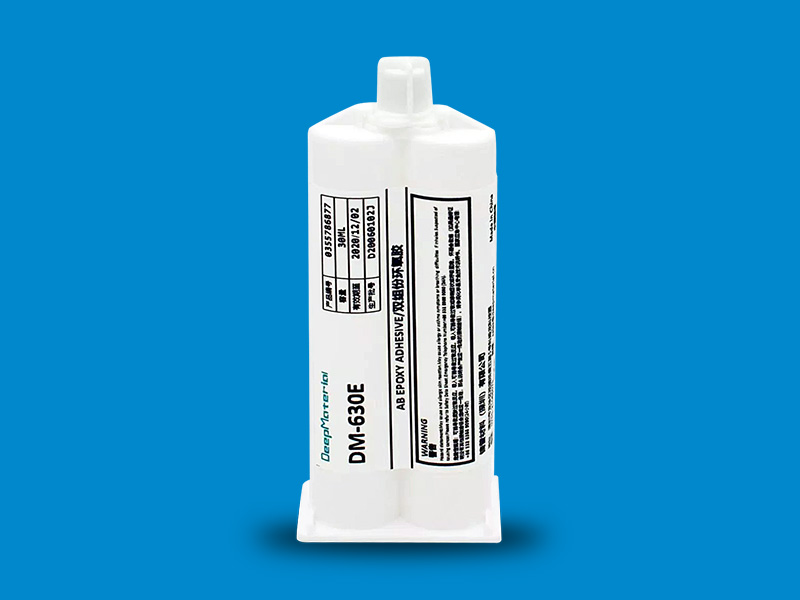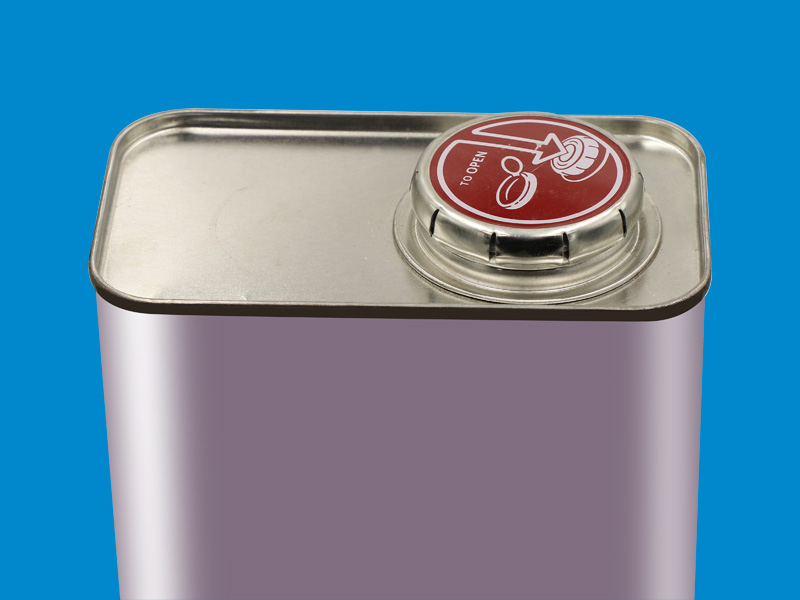What Is The Best Epoxy Adhesive Glue For Metal To Metal?
What Is The Best Epoxy Adhesive Glue For Metal To Metal?
Metal-to-metal bonding with epoxy adhesive glue is a favorite in various fields, known for its ability to join metal surfaces with a robust and enduring grip. This type of adhesive is tailored to withstand not just high temperatures but also chemicals and other rigorous conditions.
In this article, we’ll dive into what you need to consider when selecting epoxy adhesive glue for metal-to-metal bonding, explore the different types available, discuss the pros and cons, and offer some tips on preparing and applying the glue. We’ll also look at the curing times and strength, plus the diverse uses of this versatile adhesive.

Factors to Consider While Selecting Epoxy Adhesive Glue for Metal to Metal
When picking the right epoxy adhesive glue for metal-to-metal bonding, think about a few key things:
Temperature resistance is crucial since metal can be exposed to extreme heat or cold, and you’ll want an adhesive that can handle whatever temperatures your project might face.
Chemical resistance is also vital, especially if the metal will contact any corrosive substances. The overall strength of the glue is essential too, as this will determine how well the bond holds up under stress.
Don’t forget about drying time and ease of use—these can make or break the efficiency and smoothness of your project.
Types of Epoxy Adhesive Glues
There’s a variety of epoxy adhesive glues out there, each suited for different project needs:
One-part epoxy adhesives are pre-mixed, ready to go right out of the container, and super convenient for quick fixes or small projects.
Two-part epoxy adhesives involve mixing a resin and a hardener before application. This mix makes for a stronger bond, perfect for bigger projects or when you need something extra sturdy.
Heat-cured epoxy adhesives need heat to set and are typically used in industrial settings where high temperatures are part of the process.
UV-cured epoxy adhesives set when exposed to ultraviolet light, offering a rapid cure time ideal for fast-paced industries.
Choosing the right type of epoxy adhesive for metal-to-metal bonding means weighing these options against your project’s specific requirements—whether it’s the strength of the bond, the conditions the metal will face, or how quickly you need the job done.
Advantages of Using Epoxy Adhesive Glue
Using epoxy adhesive glue for metal-to-metal bonding brings several key benefits. The standout feature is its strength; epoxy creates a robust bond that can handle heavy loads and stress without a hitch. It’s also resistant to chemicals and temperature fluctuations, which makes it a prime choice for metal surfaces that need to endure tough environments. Another perk is its ability to fill gaps and cracks, ensuring a smooth and secure bond.
This versatility makes epoxy adhesive glue a go-to for a variety of uses. From fixing car parts, bonding industrial machinery, crafting jewelry, to DIY projects around the house, you can count on epoxy to hold things together reliably and durably.
Disadvantages of Using Epoxy Adhesive Glue
Despite its many advantages, epoxy adhesive glue isn’t perfect. A notable downside is its messiness. Especially with two-part epoxies, where you have to mix resin and hardener, things can get sticky and time-consuming if you’re not careful.
Also, epoxy glue typically takes longer to cure compared to other adhesives, which means you’ll need to keep your bonded items clamped or securely in place for quite some time until the glue sets fully. Plus, it’s not the best match for bonding flexible materials because it can turn brittle over time, potentially leading to a less reliable bond.
How to Prepare Metal Surfaces
For a strong and lasting bond with epoxy adhesive glue, proper preparation of the metal surfaces is crucial. Start by making sure the surfaces are clean and dry. Any residue of dirt, grease, or oil can interfere with the adhesive’s ability to bond effectively.
Sanding or roughening up the surfaces can also enhance bonding by increasing the area for the adhesive to grip onto. You can do this with sandpaper or a wire brush. Lastly, it’s important to remove any rust or debris. A rust remover can help, or you can simply sand away the corrosion to ensure the metal is prepped and ready for gluing.
Tips for Applying Epoxy Adhesive Glue
To ensure a successful bond, there are several tips to keep in mind when applying epoxy adhesive glue. First and foremost, it is essential to mix the epoxy adhesive glue thoroughly according to the manufacturer’s instructions.
Proper mixing ensures that the resin and hardener are evenly distributed, resulting in a strong bond. When applying the epoxy adhesive glue, it is important to do so evenly and avoid applying too much or too little adhesive.
Using clamps or weights to hold the pieces together during the curing process can help ensure a tight and secure bond. It is also recommended to follow the recommended curing time provided by the manufacturer to achieve maximum bond strength.
Curing Time and Strength
The curing time of epoxy adhesive glue is the period it takes for the glue to completely harden and reach its maximum strength. This duration can vary based on factors like temperature, humidity, and the specific type of epoxy used.
Epoxy adhesive glues typically take longer to cure compared to other adhesives, ranging from a few hours to several days. During this time, it’s crucial to avoid stressing the bonded pieces, as this could weaken the bond. The bond strength also increases as the epoxy continues to cure over time.
Applications of Epoxy Adhesive Glue
Epoxy adhesive glue is incredibly versatile, finding applications across various industries and projects. In the automotive sector, it’s used for repairing metal parts like engine components, body panels, and exhaust systems. Its resistance to high temperatures and chemicals makes it ideal for such uses.
In industrial machinery, epoxy glue bonds metal components that endure heavy loads and vibrations, providing a durable bond capable of withstanding tough industrial conditions. In jewelry making, epoxy glue helps to secure metal findings and piece together intricate designs.
It’s also popular in DIY projects for bonding metal items like furniture, sculptures, and decorative pieces, thanks to its strong bonding capability and gap-filling properties.

Final Words
In summary, epoxy adhesive glue is a top choice for metal-to-metal bonding, offering a robust bond, resistance to chemicals and temperature fluctuations, and the ability to fill gaps. When choosing an epoxy glue, factors like temperature resistance, chemical resistance, bond strength, curing time, and ease of use should be considered.
Proper preparation of metal surfaces is essential for a successful bond. This includes cleaning, sanding, and removing any rust or debris. Applying the glue evenly, mixing it thoroughly, and using clamps or weights to secure the bond can further ensure its strength and durability.
Although working with epoxy glue can be messy and the long curing time might be a drawback, the benefits it offers, especially in terms of durability and versatility across applications like automotive repairs, industrial machinery, jewelry making, and various DIY projects, make it a reliable choice for metal bonding.
For more about choosing the best epoxy adhesive glue for metal to metal, you can pay a visit to DeepMaterial at https://www.electronicadhesive.com/ for more info.

